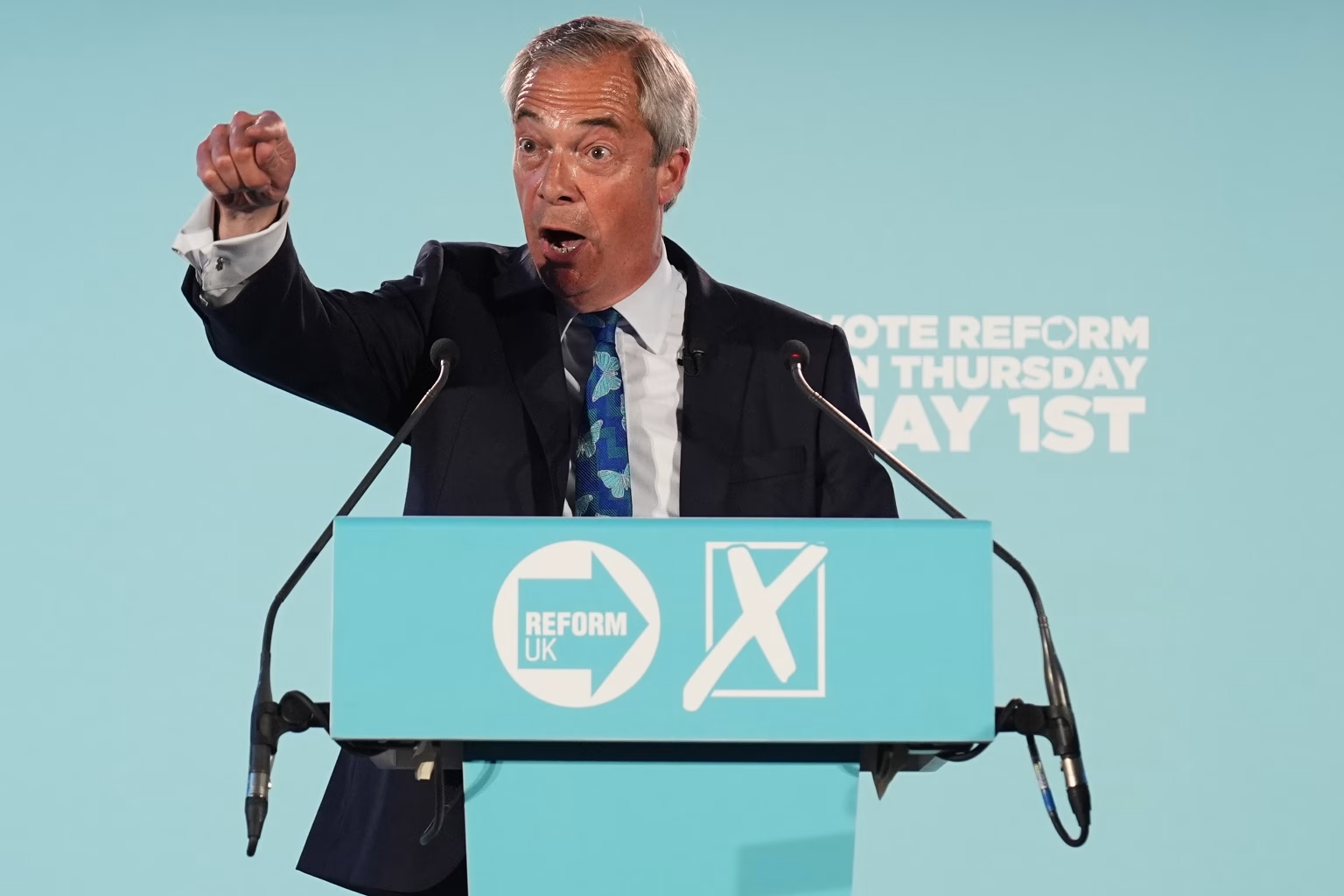LONDON, UK — May 3, 2025 — The Reform Party has made history again, winning the Runcorn and Helsby by-election by the narrowest margin in modern UK electoral history — just six votes. This unexpected victory gives Reform UK a total of five seats in the UK House of Commons, deepening its impact on British politics and challenging the traditional two-party dominance of Labour and the Conservatives.
The by-election was triggered by the resignation of Labour MP Mike Amesbury, who stepped down following a criminal conviction for assaulting a constituent. In a dramatic turn of events, Reform candidate Sarah Pochin, a former Conservative councillor, overturned a staggering 14,696-vote Labour majority in the Cheshire constituency.
This marks the Reform Party’s first-ever by-election victory, and it comes amid a broader surge in national support for the right-leaning populist movement.
Reform Party: From Fringe to Force
Originally launched in 2018 as the Brexit Party, Reform UK has steadily gained traction. The party made its parliamentary breakthrough during the 2024 general election, securing five seats — including a hard-fought victory by party leader Nigel Farage in Clacton, on his eighth attempt. Another high-profile defector, Lee Anderson, formerly of the Conservative Party, also joined Reform and won his seat last year.
Recount Drama and Record-Breaking Margin
The Runcorn result triggered high drama on the counting floor. Labour officials, stunned by the tight race, requested a full recount after the initial tally showed Reform leading by just four votes.
The final margin of six votes shattered the previous record for the closest post-war by-election — 57 votes in Berwick-upon-Tweed in 1973.
Observers at the count reported scenes of tension and disbelief, with party agents huddled and one Reform member reportedly holding up four fingers before the recount began.
Labour Holds Mayoralties, But Support Crumbles
While Labour retained control in several key mayoral races — including North Tyneside, Doncaster, and the West of England — it did so with significantly reduced majorities. In all three contests, Reform came in a close second, pushing the Conservatives to third or even fourth place in some areas.
The party is also optimistic about its chances in the Greater Lincolnshire mayoral race, where its candidate Andrea Jenkyns is said to be leading. Reform is also eyeing council gains in Kent, Lincolnshire, and Doncaster, traditionally Conservative and Labour strongholds.
Rising National Momentum
Reform UK’s grassroots appeal, particularly among working-class voters disillusioned with the political status quo, has seen its popularity rise sharply since the 2024 general election, where it won over four million votes and placed third nationally.
The party’s growing footprint in both parliamentary and local races signals a deeper shakeup within UK politics — one that could reverberate through future national elections.

